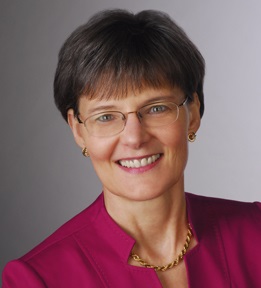
This is a frightening time in our world. The COVID-19 virus is spreading around the globe, affecting everyone regardless of age or economic status, and killing many. Yet other than practicing good hand-washing and social isolation, there is very little any one person can control. All of this triggers a grief reaction, as we grapple with the loss of normalcy, security and safety, the loss of money through lack of work or through stock market volatility, and the potential loss of health. In fact, at times you may feel almost paralyzed by fear. How do you handle that in a way that allows you to function?
One proven strategy is to take a few minutes and write about your fears. The simple act of putting your fears on paper where you can see them makes them more manageable. In fact, The University of Chicago found that when students preparing for major college exams wrote down their fears ahead of time, they scored higher on the exams. It gives you a sense of control over fears when they are named and written so you can literally look them in the face.
So try this simple technique. Down the left side of a piece of paper, make a list of your fears about this pandemic. Don’t think them through or analyze them while writing, getting them out on paper regardless of their rationality. Recognize that some will be huge, like a herd of thundering elephants, while others are really not that big, like mice with microphones.
Once they are written out, read the list out loud. Cross out any that you wish to take out. Add any others that occur to you.
Then on the right side, brainstorm and come up with a list of options to balance the fears, no matter how outlandish each option might seem. You can sort through them later and choose what makes the most sense for you.
For instance, perhaps the options for dealing with the virus itself might include:
- Make sure I understand what accessible cash and investments I have to live on.
- Limit my time on social media and other news outlets to only what I need to remain informed so I don’t get overwhelmed.
- Inventory all the food and supplies in the house so I can fill any gaps with whatever we need to live for two to four weeks.
- Research options for delivery of groceries and prescriptions.
- Research tele-medicine options from local providers to prevent going to a doctor’s office or hospital unless it is necessary.
Then make sure you are addressing the emotional and psychological aspects of the pandemic, perhaps with items like:
- Make sure to call someone I care about every day and talk to them in order to reduce isolation and loneliness.
- Allow myself time to grieve, cry, throw a temper tantrum, and express my frustration in non-destructive ways.
- Start a journal and write in it whenever I feel there are emotions bottled up inside.
- Keep a gratitude list of things I am grateful for, and add at least two things to that list every night when I go to bed.
Throughout this process, remember that the pain and suffering will last for a while, but that viruses, grief, and fear do not last forever.

